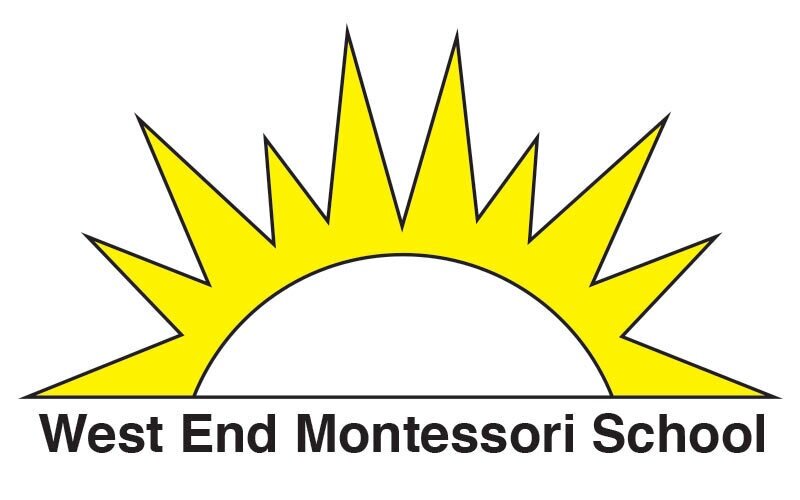Early Childhood
Our early childhood environment is designed to optimize the child’s desire to work and learn.
During this period, children acquire life long habits and skills through their experiences in a prepared environment. Abilities for independence, responsibility, concentration and collaboration are significant indicators of future school and work success.
Early Childhood Curriculum
Practical Life
Practical life is based on family experiences and establishes a link to the prepared school environment. These activities help the child develop good work habits, coordination and self-control, and lengthen the attention span. The life long skills are grounded in the practical life work that establish a base for independence, respect and courtesy, and social relations. Activities in the practical life area center around physical skills, care of self, care of the environment, and grace and courtesy.
Sensorial
The sensorial curriculum is unique to Montessori early childhood classrooms. It is designed to help develop the child’s ability to observe, and distinguish between similarities and differences between several sensory areas enabling the child to make more abstract observational distinctions for cognitive functions such as letter and number recognition, sound discrimination and other higher function skills.
Visual dimension, form and color
Tactile discrimination
Auditory discrimination
Auditory discrimination
Olfactory and gustatory exploration
Language
The Montessori language curriculum focuses on the young child’s developmental journey towards reading and writing with these important language foundations:
Oral language activities such as classification, rhyming and vocabulary development
Sound and letter recognition
Phonetic reading instruction
Written expression beginning with proper pincer grip and following through with handwriting
Exposure to a variety of reading materials as the child becomes an emergent reader
Function of word foundations including the parts of a sentence
Math
Mathematics is an abstract concept, made manageable by the use of the concrete materials of the math curriculum. Children in the early childhood classroom are exposed to increasing complex math concepts as they move through the math curriculum with the following sequence:
One-to-one correspondence
Linear counting – teen numeral through 1000
The decimal system - concept of units, tens, hundreds and thousands
The four operations – addition, multiplication, subtraction, division
Memorization – internalization of simple math operations
Practical math – fractions, time, money and measurement
Cultural Studies
The cultural curriculum encompasses the study of history, physical geography, cultural geography and science. It is through these areas that children learn about the world in which they live. The Montessori Cultural curriculum provides a foundation for understanding and celebrating the similarities and differences in people, places and the natural world. Themes and topics are designed to be cross-curricular so the children can immerse themselves in the concept being studied.
Peace Education
West End Montessori School employs an extensive peace education curriculum. Respecting ourself, each other, and the environment are the foundation of these lessons presented at a developmentally appropriate level for the young child’s understanding.
The Creative Arts
The arts are integrated into the class routines through movement activities, songs and a wide variety of art media.
Spanish and Music Together®
WEMS also offers Spanish and Music Together® as an integral part of the early childhood environment.


